
What do art forms like painting, film, music or theatre contribute to societies? Why have humans in every culture and throughout history engaged in activities we categorize as art?
The Master programme Arts and Culture provides you with the skills needed to investigate the function of the arts in society. It combines in-depth knowledge in a range of specific disciplines with professional and social engagement as well as critical and creative thinking.
The programme's six tracks are devised to reflect the multifaceted forms of the art-world and the cultural sector – from the fine arts and architecture to music, theatre and film, including an emphasis on policy-making, cultural entrepreneurship and cultural heritage. The track of your choice prepares you for a professional position in the art-world and the cultural sector in your area of expertise.
You can choose from the following six tracks:
| Programme options |
|---|
| Art History (track) Do you want to be well prepared for a career in the world of the Visual Arts? The Master's Programme in Art History offers all the knowledge and expertise that you need. |
| Curatorial Studies (specialization) In addition to offering courses in curatorial practice and theory, Curatorial Studies in Art History provides excellent students with an internship in a museum in the Netherlands or abroad. Curatorial Studies is a specialisation within the Art History track |
| Arts in Society (track) Art is inherently public. In this programme, you will study and reflect upon how public arts policy, arts management, arts marketing and education affect the realisation of artistic values in society. |
| Film and Contemporary Audiovisual Media (track) Film and Contemporary Audiovisual Media focuses on the study of the aesthetic, perceptual, cognitive and cultural effects of film, television, and other forms of audiovisual media. |
| History of Architecture and Urbanism (track) The Master's track History of Architecture and Urbanism explores the evolution of cities, villages and park- and landscape design in Europe within the changing global setting. |
| Landschapsgeschiedenis (in Dutch) (track) Geïnteresseerd in de geschiedenis en ontwikkeling van landschappen? Dit is de enige master in Nederland gericht op het verleden, heden en toekomst van het Nederlandse en Europese cultuurlandschap. |
| Popular Music and Sonic Cultures (track) This Master's programme offers a rich field of study which encompasses both emergent and historically established practices in music and the performing arts. |
| Specific requirements | More information |
|---|---|
| previous education |
For more information on the specific entry requirements for the Master's track of your choice, visit the separate webpages. |
| language test |
Additional requirements English: A VWO diploma or a subject certificate for VWO English (mark 6 or higher), minimum requirement of TOEFL iBT 90 (with a minimum of 21 on all items), or IELTS 6.5 (with a minimum of 6 on all items). Cambridge C1 Advanced or C2 Proficiency. |
Please use this step-by-step guide for more information regarding your eligibility and your specific application procedure.
After you complete your application, the Admissions Board will assess whether your educational/academic background meets the specific programme requirements, and will consider the level and curriculum of your previous studies.
The Admissions Board will then determine whether:
| Type of student | Deadline | Start course |
|---|---|---|
| Dutch students | 15 August 2026 | 01 September 2026 |
| EU/EEA students | 01 May 2026 | 01 September 2026 |
| non-EU/EEA students | 01 May 2026 | 01 September 2026 |
| Specific requirements | More information |
|---|---|
| previous education |
For more information on the specific entry requirements for the Master's track of your choice, visit the separate webpage. |
| language test |
Additional requirements English: A VWO diploma or a subject certificate for VWO English (mark 6 or higher), minimum requirement of TOEFL iBT 90 (with a minimum of 21 on all items), or IELTS 6.5 (with a minimum of 6 on all items) or Cambridge C1 Advanced or C2 Proficiency. |
Please use this step-by-step guide for more information regarding your eligibility and your specific application procedure.
After you complete your application, the Admissions Board will assess whether your educational/academic background meets the specific programme requirements, and will consider the level and curriculum of your previous studies.
The Admissions Board will then determine whether:
| Type of student | Deadline | Start course |
|---|---|---|
| Dutch students | 15 August 2026 | 01 September 2026 |
| EU/EEA students | 01 May 2026 | 01 September 2026 |
| non-EU/EEA students | 01 May 2026 | 01 September 2026 |
The programme prepares students for programming and curatorial functions, journalistic and publishing positions, educational positions in schools, universities and policy functions, management of art institutions and heritage foundations, and as founders of art-related companies and cultural entrepreneurs.
During their internship students were working for institutions and companies such as Kunst & Cultuur (Groningen and Drenthe), the Curaçao Ministry of Culture, the cultural departments of various embassies, UNESCO, theatre and dance companies, national and international film festivals such as IDFA or the Montréal film festivals, local authorities, many large and small museums in the Netherlands as well as museums abroad (i.e Groeninge Museum Brugge, Kunsthistorisches Museum Vienna), the Dutch Council for Culture, Fund for the Performing Arts, EYE Filmmuseum, Sound and Vision, IDTV, the Fund Cultural Participation and local authorities in the North of the Netherlands.
The Research Centre Arts in Society (AiS) brings together research on the arts and their societal engagement and impact, both past and present. It hosts a multitude of disciplines including literature studies, art history, architecture and landscape, film studies, musicology, and theatre and performance studies. Research within AiS is focused at the transformative, changing nature of the arts in society throughout history until present day. It does so both in fundamental and applied, empirical and theoretical research. Apart from their work as academic researchers, members of the AiS are involved in cultural life on local, national and international level in for example museums or cultural and educational institutions.
The Research Centre Arts in Society currently hosts seven theme groups:
The AiS theme groups reflect ongoing, innovative, and sustainable research-interests by the academic staff, PhDs and postdocs. Theme groups can be disciplinary or interdisciplinary and are all open to all PhDs throughout the faculty and beyond to enable academic exchange and support for specific research questions.
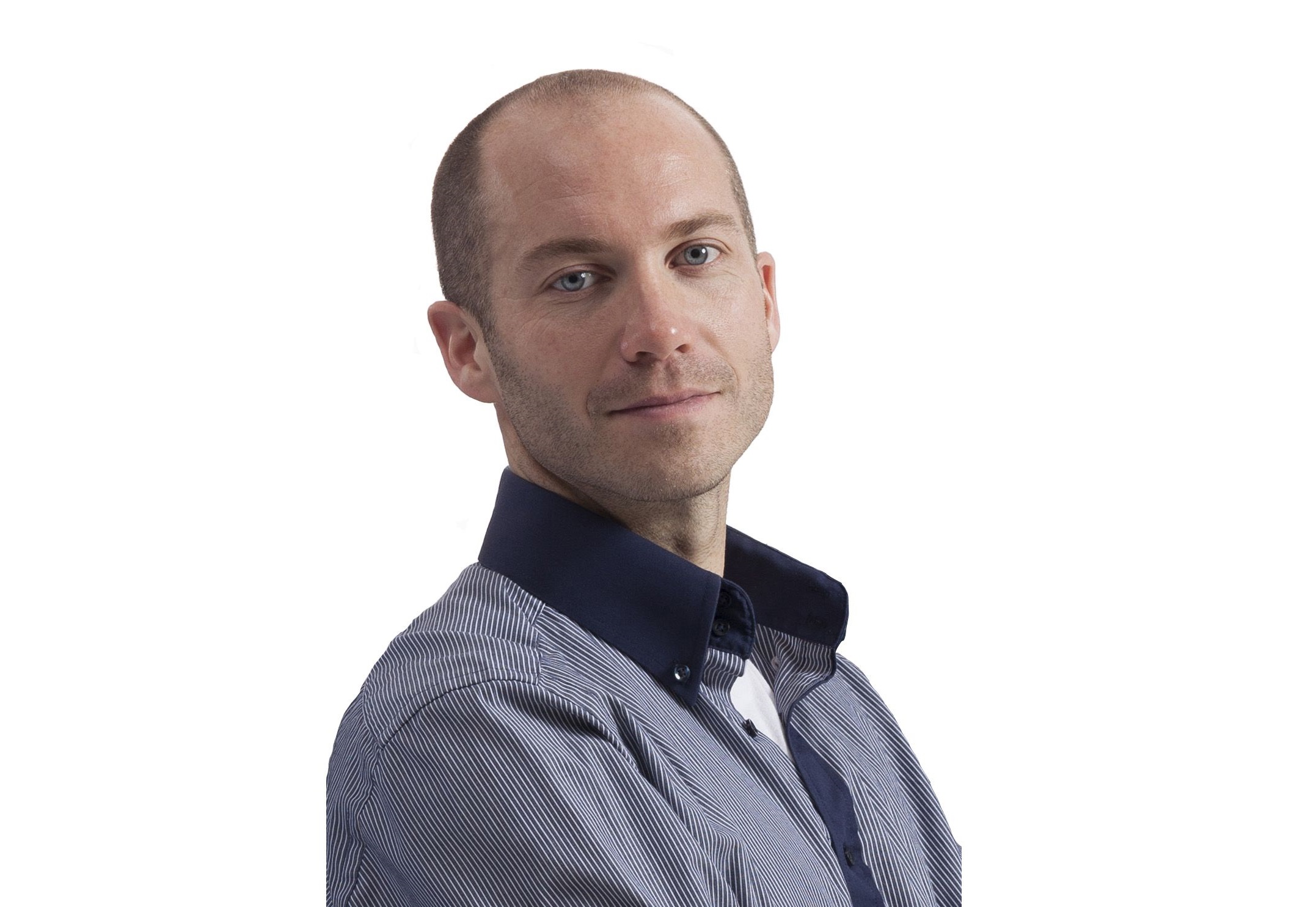
Na mijn bachelor Natuur- en Landschapstechniek wilde ik mij meer verdiepen in het landschap van Nederland. Je komt dan al snel uit bij de mastertrack Landschapsgeschiedenis. Hier krijg je naast de theorie over het Nederlandse landschap, veel handvatten aangereikt om zelf fundamenteel of toegepast onderzoek te doen.
De theoretische kennis komt onder andere terug in het vak Landschappen van Nederland, waar je uitgebreid leert hoe alle landschappen in ons land zijn opgebouwd en ontstaan. Eén van de onderzoeksmethodes die je leert is paleografie: het leren lezen van oude handschriften. Daarnaast krijg je uitgebreide kennis van historische cartografie en GIS-software.
Al deze vakken gebruik in mijn dagelijkse werk nog steeds erg veel. Want mijn werk bestaat voor een groot deel uit toegepast onderzoek. Eerst als zzp'er, tegenwoordig als Projectleider Cultuurhistorie bij Cultuurland Advies. Bij dit adviesbureau ben ik verantwoordelijk voor de cultuurhistorische tak. Wij zetten het toegepast onderzoek om in een kansrijk product. Je moet dan denken aan een cultuurhistorische waardenkaart voor een gemeente, een kansencatalogus voor een landschapsontwerper of een visie voor een lokale vereniging.
Het leuke daaraan is dat ik niet alleen bezig ben met het daadwerkelijke onderzoek, maar ook intensief bezig ben met het proces. Van het bedenken van het product tot het analyseren van beleid en van het leiden van een discussie tot het geven van een presentatie. Dat maakt dat niet alleen het Nederlandse landschap veel variatie in mijn werk biedt, maar zeker ook alle zaken daaromheen.
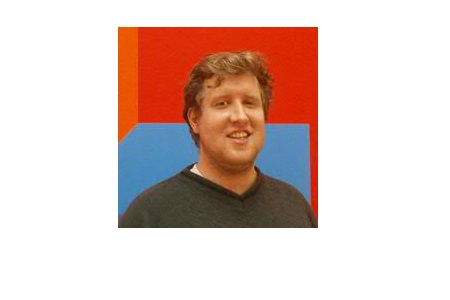
Na mijn studie werd ik gedwongen om creatief te zijn, want binnen de kunstsector is het hard werken om een baan te vinden. Toch ben ik blij dat ik kunsthistoricus ben geworden, want het is een waardevolle studie.
Binnen de mastertrack Kunstgeschiedenis koos ik voor de specialisatie Oude Kunst. Ik vind het namelijk zeer interessant dat al die kunstwerken, vele eeuwen oud, vandaag de dag nog in de spotlights staan. Deze kunstwerken hebben ons nog steeds veel te vertellen en daar wilde ik meer van weten!
Eén van de vakken die ik binnen voor deze richting heb gevolgd is Toepassing en Overdracht. Tijdens dit vak ontwikkelde ik de vaardigheden om de intenties van kunstenaar en opdrachtgevers te achterhalen met behulp van technieken zoals visuele analyse en literatuuronderzoek. Met het bestuderen van een kunstwerk komt heel verrassend de tijd waarin het is ontstaan weer tot leven.
Op dit moment werk ik samen met een kunsthistorica Moderne Kunst aan een project waarbij we de kunst in de openbare ruimte in vele gemeenten onder de aandacht willen brengen. Wij willen kunstliefhebbers en toevallige voorbijgangers ter plekke aanknopingspunten geven bij het bekijken van een kunstwerk. In weer en wind naar kunst kijken is anders dan in een museum. Buiten worden meer zintuigen aangesproken dan alleen de ogen en daar leer je als kijker veel van.
Het heeft veel pluspunten om ondernemer te zijn, ik bepaal zelf wat ik interessant vind en waar ik me mee bezig houd. En wat is er nou leuker dan kunst!?
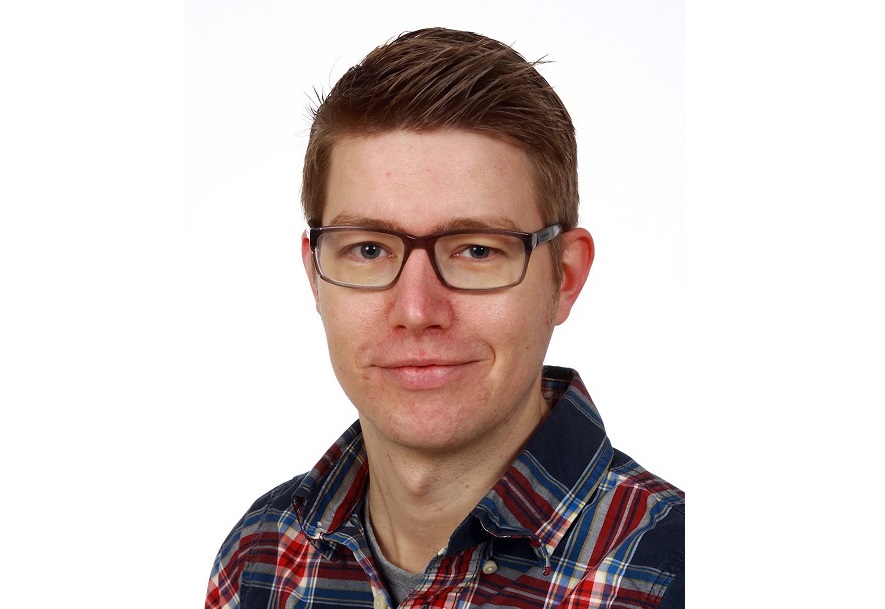
I am fascinated by cities and urban development. During a city trip to Paris, I made the decision to actually do something with my fascination. The links between people, buildings and the complexity of infrastructure like the city's metro network intrigued me enormously. That's really why I started a Master's track in History of Architecture and Town Planning at the University of Groningen.
During my studies I did a placement at AIR architecture centre in Rotterdam. I worked on a project in which I used timelines to chart a number of locations in the centre of Rotterdam. With the help of archives I searched for stories and illustrations, and one of the things I was able to show was why there are still empty spaces in the middle of Rotterdam without any plans for them.
I completed my degree in Prague, where I wrote my Master's thesis on 'The development and preservation of nineteenth-century neighbourhoods in post-Communist Prague'. I researched how actors such as property developers, designers, architects, officials and citizens influence the preservation of the historical fabric of the city, the city's typology and the importance of historical buildings and monuments during the design and construction of new complexes in and around the nineteenth-century neighbourhoods of Prague.
I am currently working as a volunteer for Platform GRAS, the architecture and urban planning platform here in Groningen. I am organizing events such as the Architecture Day and Open Monument Day. I also write texts for the Big Groningen Building Questionnaire. I'm really enjoying it and would love to keep working here. I would also like to do something with urban development or architecture with a municipality or province.
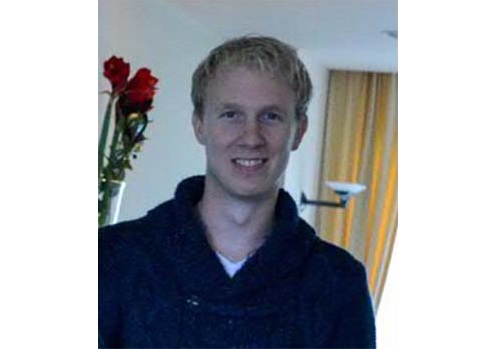
If you're looking to study Film from a multidisciplinary
perspective aided by expert teachers challenging you to develop
your own ideas, I can highly recommend the Film and Media Studies
specialisation in Groningen. I highly valued the interaction
between students and staff. In my experience, the staff was most
approachable and helped me to develop my own ideas, elevating them
to a level I had previously not thought possible.
As with any Art degree, finding a job in your field of expertise is
very challenging. Luckily, the Film and Media Studies
specialisation in Groningen encourages students to pursue an
internship. I would highly recommend future students to complete an
internship as it will complement your theoretical knowledge with
some indispensable practical skills you will need when you start
your job hunt. And of course, getting your foot in the door is half
the battle!
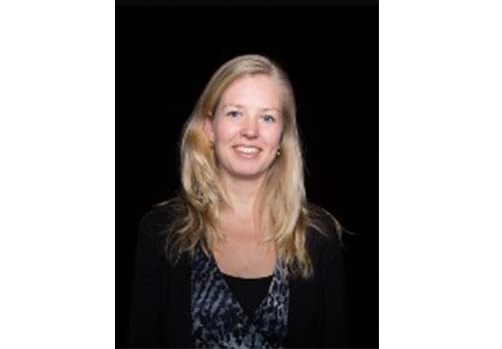
Na mijn bachelor Kunstgeschiedenis heb ik gekozen voor de mastertrack Conservatorenopleiding. Inmiddels werk ik bij het Groninger Museum als Stichting Beringer Hazewinkel conservator in opleiding en word ik de komende twee jaar klaargestoomd voor het vak
Ik maak deel uit van het conservatorenteam van het Groninger Museum en werk van concept tot realisatie aan tentoonstellingen, doe onderzoek naar de collectie en schrijf mee aan publicaties. Zo heb ik bijvoorbeeld in de afgelopen maanden meegewerkt met de tentoonstelling H.N. Werkman (1882-1945): Leven & Werk. Hiervoor heb ik in samenwerking met de gastconservator van deze tentoonstelling het concept verder uitgewerkt, bruiklenen aangevraagd en alles rondom de logistiek en opbouw van de tentoonstelling geregeld. Ik waardeer met name de veelzijdigheid in mijn werk. De ene dag ben je op zaal bezig met de opbouw van een tentoonstelling, de volgende dag ben je bezig met onderzoek naar de collectie.’
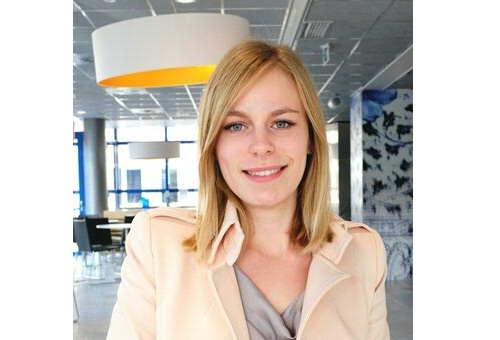
Since I have always been interested in film, arts in general, culture, and history, the choice to study film at the Arts, Culture and Media department at the University of Groningen was an easy one to make. This track is unique in The Netherlands because it provides a multi- and interdisciplinary perspective on the study of arts and its contexts. The Film and Media Studies specialization within the Arts, Culture and Media track offers the opportunity to broaden and deepen your knowledge of film acquired during the Bachelor, and to study it within a specific professional framework – either Arts Analysis and Criticism, Arts Policy and Marketing, or Arts Education.
If you didn’t go on an exchange in the third year of your Bachelor, then you will get another chance to do so in your Master. In the second semester of my Master, I went on an Erasmus exchange with Université Paris 1 Panthéon-Sorbonne for six months. I can highly recommend taking part in an exchange programme because it is an extremely valuable experience and gives you the possibility to study your art form or discipline in another country.
Are you interested in a research oriented career? Please also check our Research Master's Programme of Arts & Culture.